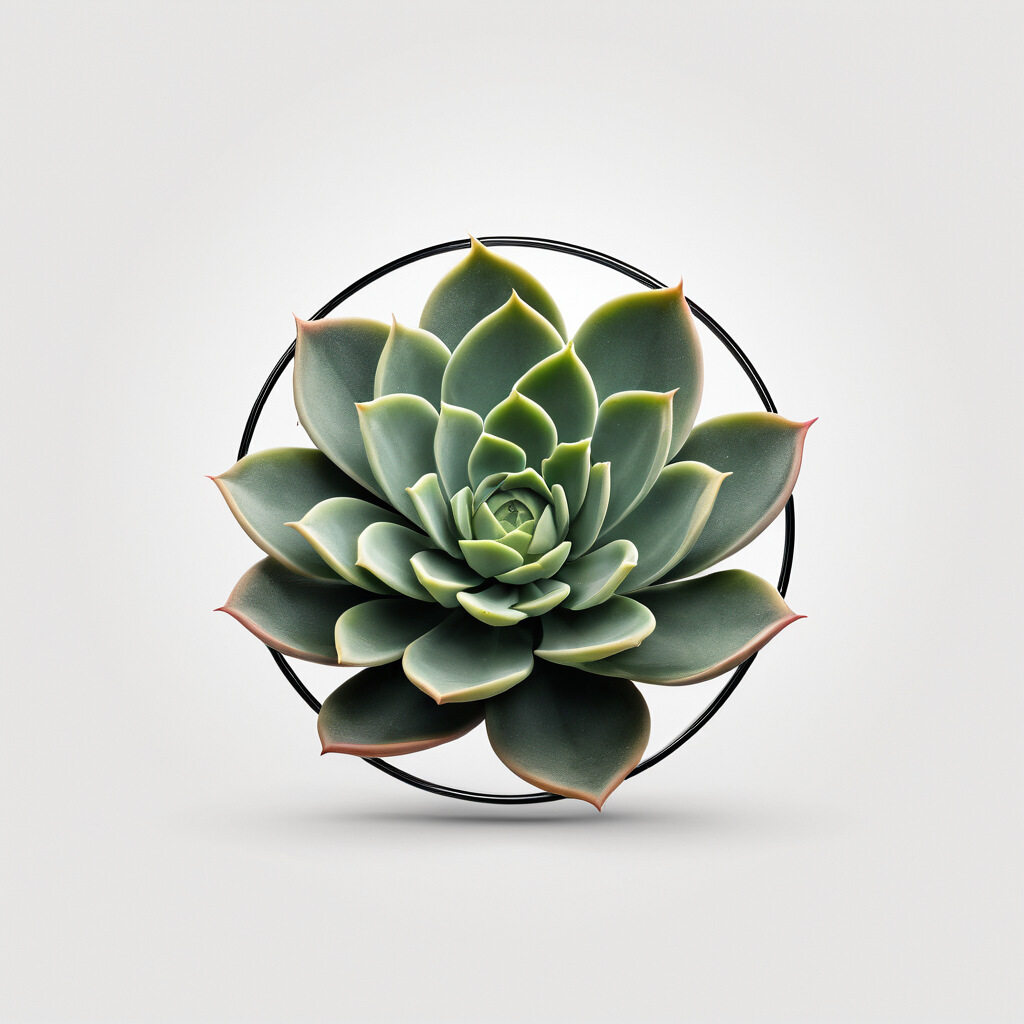The dandelion, a common yet fascinating flower, offers a wealth of opportunities to explore its diverse facets. From its symbolic meanings and historical significance to its practical applications and ecological impact, the dandelion proves to be an extraordinary subject. This article navigates through various aspects that highlight the cultural, scientific, and artistic essence of the 0328-dandelion.
The Flower Language of the Dandelion
The dandelion's flower language is often associated with perseverance and endurance. Its ability to thrive in harsh conditions symbolizes resilience and adaptability. In the realm of emotions, dandelions represent the joy and the warmth of the sun, infusing hope and new beginnings.
Stories Related to the Dandelion
Legend has it that when you blow on a dandelion’s seed head, it carries your wishes and dreams to reality. Another tale tells of dandelions representing the soul’s journey, due to their ability to disperse widely.
Variety Introduction
Dandelions belong to the Taraxacum genus, which consists of many species and varieties. Some notable ones include:
- Taraxacum officinale: The common dandelion, known for its bright yellow flowers.
- Taraxacum erythrospermum: Characterized by red seeds and found commonly in Europe.
- Taraxacum japonicum: A variety native to Japan, often featuring slightly larger blossoms.
Introduction to Planting and Maintenance
Dandelions are relatively easy to grow and require minimal care. Here are some tips for successful cultivation:
- Soil: Well-drained, fertile soil with a neutral pH.
- Sunlight: Full sun to partial shade.
- Water: Water moderately, letting soil dry between watering.
- Propagation: Best propagated from seeds sown directly into the ground.
Historical and Cultural Background
Dandelions have appeared in various cultures around the world, often symbolizing hope and prosperity. For instance, in China, dandelions are associated with good fortune and health due to their medicinal properties. In Europe, the flower has been used historically to celebrate rebirth and rejuvenation.
Scientific and Ecological Value
The dandelion plays a crucial role in ecosystems, acting as an early source of nectar for bees and other pollinators. Scientifically, it has been studied for its genetic adaptability and potential medicinal compounds, including antioxidants and anti-inflammatory agents.
Art and Literary Inspiration
Dandelions have been depicted in various art forms and literature as symbols of fleeting beauty and life’s ephemeral nature. They are present in poetry and novels, often used as a metaphor for childhood innocence and dreams.
Festival and Custom Association
While there are no specific dandelion festivals, they are often used in spring festivals to signify renewal and rebirth. Dandelion wine is a traditional beverage made in some cultures to celebrate the first harvest of the year.
Practical Value and Cross-Border Applications
Dandelions are more than just a weed; they have significant practical uses:
- Edible Value: Leaves and flowers are used in salads and teas.
- Medicinal Effects: Known for diuretic and digestive properties.
- Industrial Uses: Roots are used to produce a natural dye, and extracts serve as a component in skincare products.
Photography and Gardening Skills
Capturing the beauty of dandelions requires attention to detail. For the best photos:
- Angle: Shoot close-up to capture intricate details of the seed head.
- Lighting: Utilize soft, natural light for a gentle highlight.
- Flower Arrangement: Pair with daisies and violets for a vibrant, wild bouquet.
| Aspect | Details |
|---|---|
| Flower Language | Perseverance, Joy |
| Cultural Significance | Hope, Prosperity |
| Scientific Value | Medicinal Compounds, Ecosystem Support |
| Practical Uses | Edible, Medicinal, Industrial |
In conclusion, the dandelion is more than just a ubiquitous flower; it is an emblem of resilience, a source of inspiration, and a valuable resource across various fields. Its historical, cultural, and scientific significance continues to intrigue scholars, gardeners, and enthusiasts alike.

